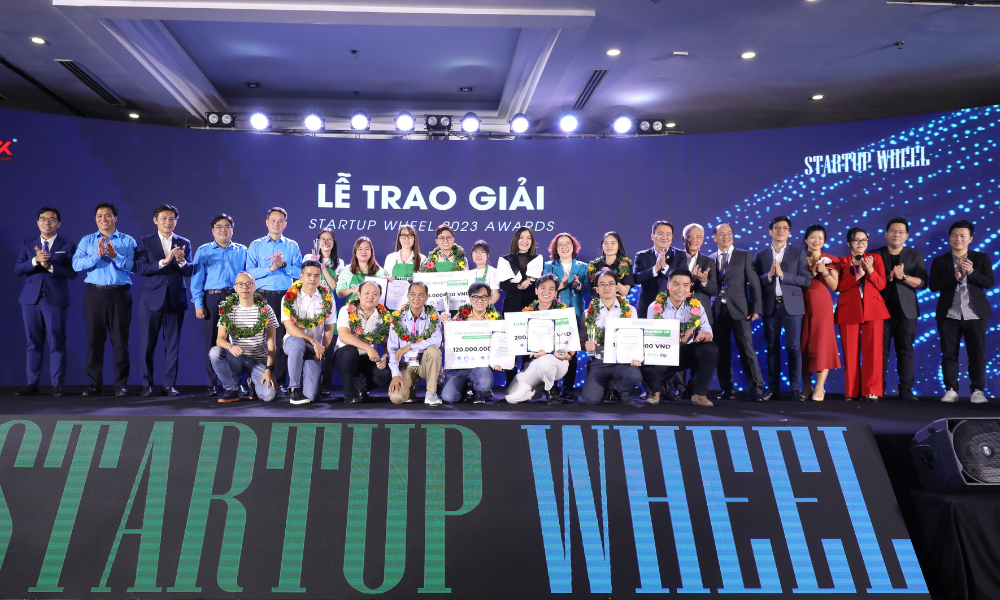
“Talking cars” new tech trend of Chinese startups
The race in technology between startups is always fierce, especially in a country of billions of people like China, the trend of AI virtual assistants for cars is a race with huge growth.
China is currently the largest car market in the world, while AI virtual assistants for cars are relatively new. This field is a race between iFlytek of China and Cerence from the US.
Most AI virtual assistants for cars currently mainly control the navigation system, play music and turn on the air conditioner by voice. However, companies are increasingly integrating more features to stay ahead of the self-driving car trend, like self-stopping and parking with just a command.
“New models allow the user to control the car even when not in it. This is very useful, especially when they want to leave a tight parking lot,” a salesperson shared.
Currently, in China this market share belongs to iFlytek and Cerence. With iFlytek is one of the startups in China that is focusing heavily on the AI virtual assistant system in the car. It aims to grow by 30% year-on-year, take half the market share of this segment in the country this year, and increase revenue to 10 billion yuan ($1.6 billion) by 2025. And Cerence, which controls more than half of the global automotive virtual assistant market, is currently partnering with 65 major automakers, such as BMW, Ford Motor and Toyota Motor. The company has been active in China in recent years, quickly capturing 40% of the market share in 2020 thanks to the cooperation with major electric vehicle manufacturers in China, including many startups. But within the next few years, the two will no longer hold the current position as a series of other companies jump into the competition.

Data from research firm Deloitte shows that the voice recognition market in China, which includes education, healthcare and finance, will grow from 28.5 billion yuan ($4.5 billion) in 2018. in 2021 to 145.2 billion yuan (US$23 billion) in 2030. The automotive segment accounts for only 10% in 2021, but is expected to grow many times in the future.
Source: VNExpress

